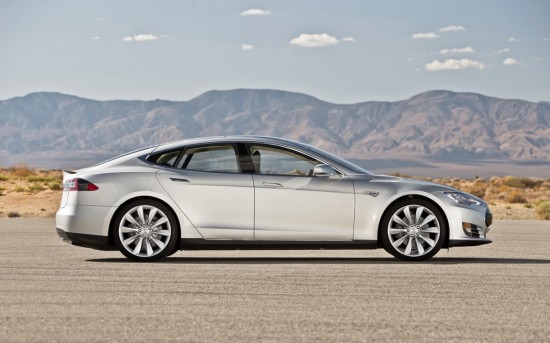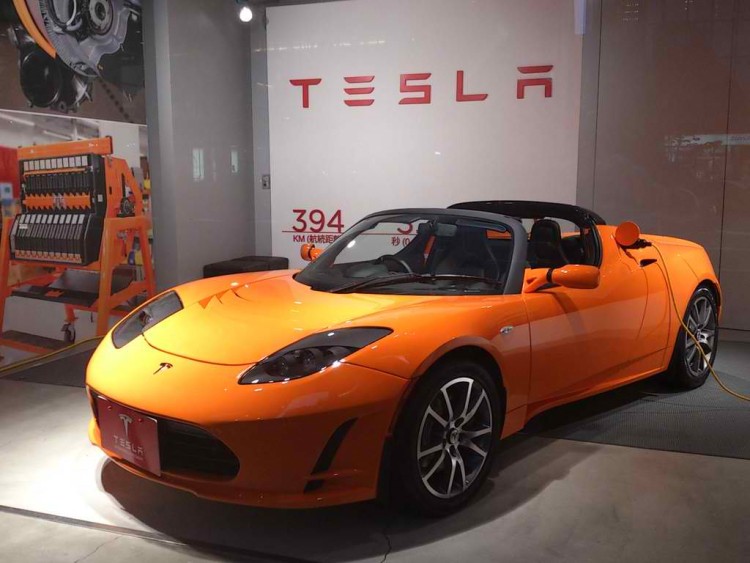Elon Musk has promised his Tesla vehicles will soon be able to do something no car has ever done before – namely drive across a continent, unmanned, so you can retrieve your car after a long distance flight across the United States.
The entrepreneur’s Tesla vehicle line is already gearing up for automatic parking, but this new vehicle retrieval aspect is also something that the company is pushing towards. Indeed, Musk believes that, give or take, such features should be commonplace in the vehicular world over the next two to three years.
When such comments are coming from a man who builds space rockets as a side venture, it’s pretty likely that this will indeed come to pass. Musk’s Tesla vehicles operate on electricity and are consistently raising the bar in terms of fossil fuel free vehicles.
SEE ALSO: Samsung Galaxy J1 2016 – Handset Renders Leaked
Tesla’s range and power are often unmatched, and charging stations are popping up, slowly but surely, for electronic vehicles, including here in the UK. The automated vehicle retrieval system will also apparently allow vehicles to recharge themselves over long journeys.
However, the safety aspect of a free range vehicle on the road might cause a few problems down the line, although Tesla’s state of the art sensors and road detection systems will be of course put into effect. Additionally the vehicles will limit themselves to go no further than five miles per hour over the speed limit at all times.
There’s even more in store with Tesla vehicles, as the cars have been getting auto steering, automated driverless parking and other features, such as the ability to open a garage door during an automatic park.
SEE ALSO: Could The iPhone 7 Really Ditch The Standard Headphone Port?
The term ‘smart car’ might obviously bring back memories of those… other… smart cars, but in terms of what relevance the word smart has on technology, it may be time to acknowledge there’s a new contender for the title in town.
Via: Jalopnik
Via: The Guardian


